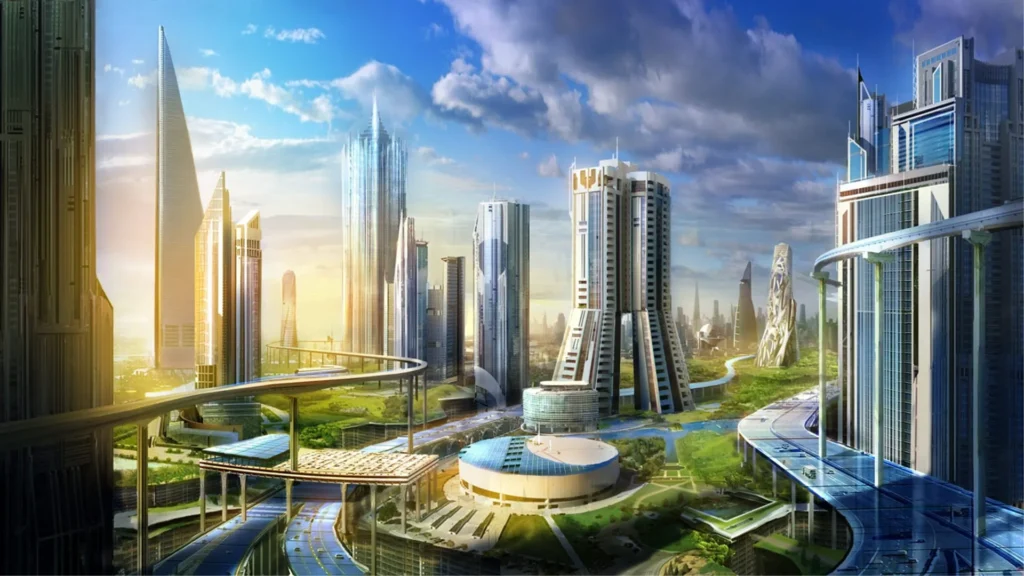How Smart Cities Are Reshaping the Real Estate Industry
PUBLISHED
- February 3, 2023
- 2:10 pm
PUBLISHED
- February 3, 2023
- 2:10 pm

With an increasing focus on sustainability, technology, and quality of life, it’s no wonder that cities around the world are turning to technology to solve their problems. The integration of technology into smart cities is transforming the real estate industry in profound ways. Not only is it changing the way people live, but it’s also revolutionizing how real estate is developed, managed, and invested in. The impact of smart cities on the real estate sector is significant, as advanced technologies like sensors, data analytics, and the Internet of Things are being employed to enhance the efficiency and sustainability of buildings, infrastructure, and urban spaces.
As a result, real estate developers and investors are recognizing the need to adapt to these technological advancements and incorporate them into their strategies to remain competitive in the rapidly evolving landscape of modern cities.
LIKE THIS
Changing Real Estate Forever


Smart cities are characterized by their use of technology to improve the efficiency of city services, reduce waste, and enhance the quality of life for citizens. In a smart city, everything from traffic and waste management, to energy usage, is optimized through the use of technology. As a result, the real estate industry is being forced to adapt to these new demands.
One of the biggest changes to the real estate industry is the increased demand for connected and sustainable buildings. In a smart city, buildings must be equipped with the latest technology to communicate with the city’s systems and meet the demands of the modern, tech-savvy consumer. This means that real estate developers must invest in the latest technology, including energy-efficient systems, smart home systems, and other sustainability-focused solutions.
In addition to the increased demand for connected and sustainable buildings, smart cities are also driving a change in the way real estate is managed. In a smart city, real estate management must be more efficient, effective, and sustainable. This is being achieved through the use of technology, such as building management systems, which can control everything from heating and cooling to lighting and security. With such technology, not only can we improve the efficiency of real estate management, but we can also enhance the experience of those living and working in our buildings.
The Impact of Smart Cities on Real Estate Investment


Smart cities are also changing the way real estate is invested in. With the increased demand for connected and sustainable buildings, there is a growing trend towards “impact investing” in real estate. Impact investing involves investing in real estate projects that have a positive impact on society, the environment, and the economy. This is being driven by a growing awareness of the importance of sustainability, and a desire among investors to make a difference with their investments.
However, not all real estate investments will be equal in the world of smart cities. Some real estate investments may become obsolete as the world becomes more focused on sustainability and technology. As a result, it is important for real estate investors to consider how future-proof their investments are, and make sure that they are investing in real estate projects that will be in demand for years to come.
Smart cities are also driving a change in the way real estate is used. In a smart city, real estate is no longer just a place to live or work, it is also a place for community engagement and collaboration. This is being achieved through the use of new technologies, such as community management systems, which can connect residents and workers and facilitate community engagement.


The rise of smart cities is transforming the real estate industry, and it is important for real estate investors, developers, and managers to be aware of these changes. With the right investments and strategies, the real estate industry can not only adapt to the demands of smart cities, but also thrive in this new landscape. To remain competitive in the world of smart cities, real estate players must focus on sustainability, technology, and community engagement.









